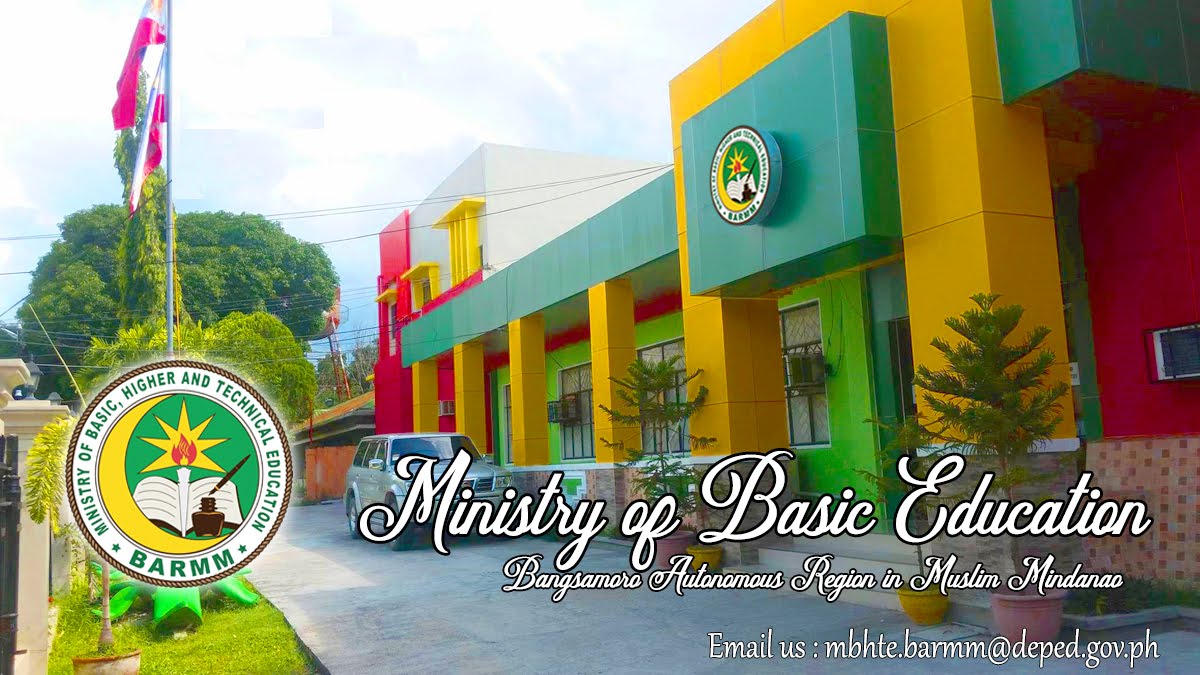10:45 pm | Friday, October 19th, 2012
In its 2007/08 Survey on Religion for the International Social Survey Program (ISSP), Social Weather Stations found 40 percent of Filipino adults calling their personal attitudes toward Muslims either very or somewhat positive, compared to 32 percent of them calling their personal attitudes toward Muslims either very or somewhat negative. Another 22 percent called their attitudes neither positive nor negative; a few could not or would not answer.
“Decent” is my term for the slightly favorable 8-point margin (i.e., the 40 minus the 32) of positives over negatives. It suggests to me that today’s peace-builders are working from a decent consensus of goodwill, unhampered by a serious deficit of doubt and suspicion. The road to reconciliation ahead may be long, but it is generally flat, and not uphill, when it comes to feelings about Muslims.
The national margin of +8 is an aggregate over various groups. It is good to see the margin at a large +32 in Mindanao, the area most affected by past conflicts. The margins of +2 in the National Capital Region and +5 in the Balance of Luzon are roughly neutral. Only in the Visayas is the margin unfavorable (at -9); it is consistent with past SWS surveys showing Visayans as the ones most anxious about Muslim rebel movements.
The margin is favorable across gender, and also across social class, age and education, except for the very poor class Es (-2), elementary dropouts (-2), and the 55+ age group (-15).
What matters most is religion itself. The national average is carried mainly by Catholic Filipinos, who score a decent +6 in personal attitudes toward Muslims. Of course, Muslim Filipinos score an outstanding +94 in attitudes toward those of their own faith.
On the other hand, Protestants (+21) and Aglipayans (+16) feel somewhat warmer, and Iglesia ni Cristos (-20) feel somewhat colder, toward Muslims. I have no idea why, and look to sociologists of religion for explanations.
Attitudes toward Christians. When the same survey probed into personal attitudes toward Christians, it obtained 88 percent responding favorably, and only 5 percent responding unfavorably, for a very high +82 (correctly rounded) net score as a national aggregate.
Filipino Catholics are the most united in feeling positive about Christians; their net score is +90. Those from minority denominations—Aglipayans +82, Protestants +69, and Iglesia ni Cristos +67—have somewhat lower scores. (This survey always refers to “Muslims” and “Christians” generically, without reference to any denomination or sect.)
Among Muslim Filipinos, on the other hand, only 22 percent had positive personal feelings, whereas 51 percent had negative personal feelings, about Christians, for a poor -29 net score. The Muslims are the only demographic group in the SWS survey with generally negative feelings about Christians.
Together with the other item on attitudes toward Muslims, discussed above, this suggests that cleavage between Christians and Muslims is characterized more by animosity of Muslims toward Christians than by animosity of Christians toward Muslims. It means that, for the Muslim community, the road to reconciliation with Christians is not only long, but also uphill.
* * *
The 2008 ISSP Survey on Religion was conducted by 40 country-members of ISSP (www.issp.org). To look into religious tolerance in particular, its questionnaire had optional questions on positive versus negative personal attitudes toward (a) Christians, (b) Muslims, (c) Hindus, (d) Buddhists, (e) Jews, and (f) atheists or nonbelievers. Twenty of the ISSP members included these optional items in their religion surveys.
The reason I looked into ISSP data for this column was to compare Filipino attitudes toward Muslims with attitudes toward them elsewhere. The 20 ISSP countries that probed into personal attitudes toward Muslims consist of 12 where the attitudes are unfavorable, and 8 where the attitudes are favorable.
The countries with unfavorable attitudes toward Muslims, with net scores in parentheses, are: Finland (-56), Slovakia (-28), South Korea (-22), Dominican Republic (-21), Australia (-19), Belgium/Flanders (-18), Denmark (-13), Latvia (-12), the Netherlands (-8), Hungary (-4), Mexico (-2), and France (-1).
Those with favorable attitudes toward Muslims are: Turkey (+91), Russia (+46), South Africa (+38), Ireland (+22), the Philippines (+8), Chile (+6), Uruguay +4, and New Zealand (+3). Turkey was the only Muslim-world country in ISSP at that time. I guess that the Irish Catholics’ real animosity is with the Irish Protestants, not with Muslims.
Interestingly, 15 of the 20 countries have generally favorable attitudes toward atheists. The Philippines (-58) has the most unfavorable feelings about atheists; the others unfavorable are Dominican Republic (-45), Turkey (-43), Mexico (-18), and Finland (-5).
* * *
The religion dataset sent by SWS to the ISSP archive includes interviews of non-Muslims on Nov. 30 to Dec. 3, 2007, and interviews of Muslims in particular on April 2-12, 2008, after correcting translation-errors in a few items specific to Islam. ISSP rules allow leeway in the timing of a survey. SWS joined in 1990, and did the three ISSP religion-surveys of 1991, 1998 and 2008.
The figures available from ISSP online are based on the raw or unweighted data archived by the ISSP members. The SWS percentages for the Philippines in this column have been properly weighted, and are slightly different.
Contact SWS: www.sws.org.ph or [email protected].
